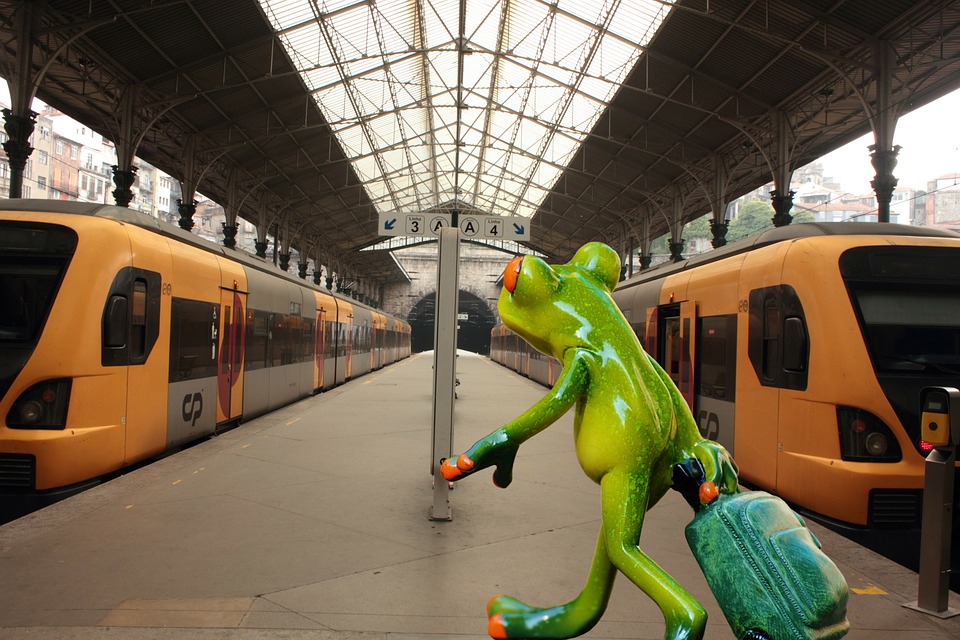
In a summer poetry seminar I attended, I inadvertently found out that one of rooms in the poetry cottages is haunted when I was having lunch with peer poets. One poet joked that the ghost might touch the occupants tenderly at night. I have only seen the exterior of the poetry cottage while my peers and I said farewell to visiting poets, but have never been inside. When I go back to visit, I will try to search for the ghost in that room in the cottage, and be thrilled to encounter the apparition. I know you are probably less weird, but if you are still curious about how ghosts interact with humans, you might find the answer in Galo Ghigliotto’s Valdivia translated by Daniel Borzutzky.
Valdviva is set in Pincochet’s reign in Chile and focuses on the violence inflicted on Chilean citizens. In Borzutzky’s translation of these poems, readers can hear the dead’s voices to the living. Although their words are filled with the trauma and horror they endured, tenderness and intimacy with their beloved family and friends surface between the lines. In Ghigliotto’s poems, the dead are not sad spirits that lament their fate. Instead, they celebrate their past, and they connect with the living in dreams.

Imagine that a huge frog sits next to you on a train. How will you react? Will you politely ask Mr. Frog to show you his snacks of dead insects? Probably not. I will give him a friendly smile and scream secretly in my heart. If you have ever traveled to a foreign country and board a train, you’ll probably stand out like a frog and find others gawking at you like a misfit and a weird creature. When you arrive in that new country, you will assimilate, and be less of a weirdo. You probably want to ask yourself, “Who am I and where do I belong?” If you are curious about how to approach this big question, come to hear Hedeen’s translation of “The Night Badly Written” by Víctor Rodríguez Núñez.
Nunez’s The Night Badly Written explores transnational consciousness, and challenges the concept of border. In Hedeen’s translations of these poems, the traveler meditates his relationship with strangers in their native land and questions what messages they conveyed to him through imagery of natural landscape. The speakers in Nunez’s poems found themselves alienated from the land that they were previously intimate with and their identity destabilize in reconciliation of multiple cultures they encounter.
Here are the bios of these two cool translators:
Daniel Borzutzky is the author of The Performance of Becoming Human, recipient of the 2016 National Book Award for Poetry. His other books include In the Murmurs of the Rotten Carcass Economy (Nightboat, 2015), Memories of my Overdevelopment (Kenning Editions, 2015); and The Book of Interfering Bodies (Nightboat, 2011). He has translated poetry collections from Spanish, including Galo Ghigliotto’s Valdivia (Coimpress, 2016); Raúl Zurita’s The Country of Planks (Action Books, 2015) and Song for his Disappeared Love (Action Books, 2010); and Jaime Luis Huenún’s Port Trakl (Action Books, 2008). He lives in Chicago.
Katherine Hedeen is Professor of Spanish at Kenyon College. She is the poetry translation editor for The Kenyon Review, an editor at Cubanabooks, co-editor of Arc Publications Latin American Poetry in Translation Series, and an associate editor of Earthwork’s Latin American Poetry. Among her latest publications are tasks (co im press, 2016), a recent poetry collection by Víctor Rodríguez Núñez and the night badly written (action books, 2017), an anthology of Rodríguez Núñez’s latest work. Other book-length translations include collections by Rodolfo Alfonso, Juan Bañuelos, Juan Calzadilla, Marco Antonio Campos, Luis García Montero, Juan Gelman, Fayad Jamís, Hugo Mujica, José Emilio Pacheco, and Ida Vitale.
Daniel Borzutzky and Katherine Hedeen will read on September 20, 2017 in the Hammes Campus Bookstore at 7:30 p.m. Come and bring your friends1
– Lavinia